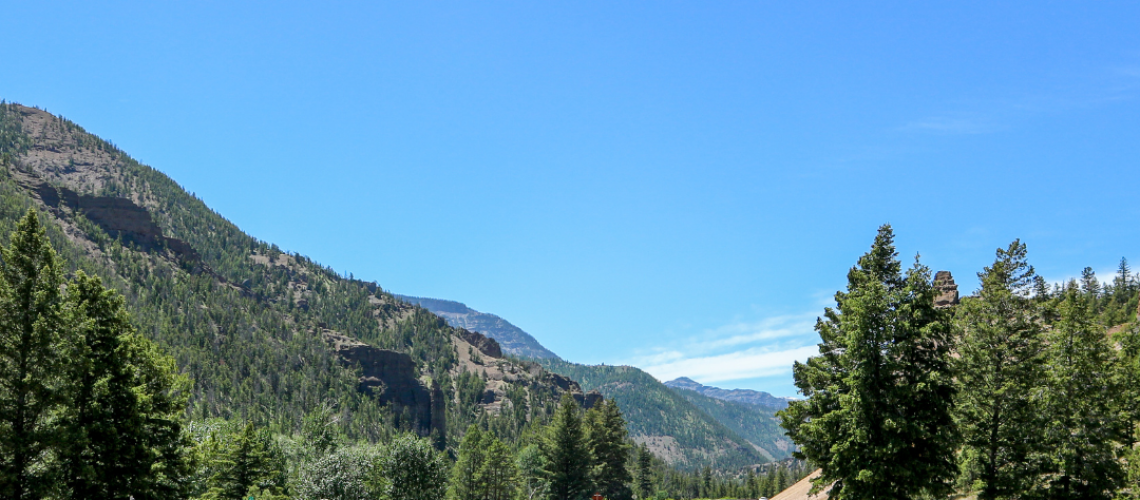Summer is here and with it comes plans for road trips and adventure. Whether it’s a trip to the east coast or a day trip to the beach, getting the car ready for the road is important. While checking the oil, tires and fuel level are standard, few of us think to check our insurance.
If you drive a car in Canada, you must have auto insurance. But the type of protection you require can vary from province to province. At a minimum, you need third-party liability insurance, which protects you in the event of accidental injury or property damage.
There are two other types of auto insurance protection – collision and comprehensive. Both may be optional, but if you finance or lease your vehicle, you must have both collision and comprehensive insurance. If you are travelling out of province or down to the U.S., check your policy to see what protection you have and if you need to add to it.
Travel Protected
Planning a long weekend up north? Those are busy times on the road and accidents can occur. Or, heaven forbid, you could run into a deer or moose along the way! With collision coverage, you’re protected if your car is damaged in an accident with another vehicle, object or even an animal.
It’s not only about the journey either. Where you travel to is just as important. When travelling to an unfamiliar destination it best to ensure you are protected. With comprehensive coverage, you’ll be protected for non-accident related damage like fire and theft.
The good news is that your auto insurance covers you for travel throughout Canada and the U.S. But it’s a good idea to check with your insurance broker to make sure you have the right protection for your trip and that you know what steps to take to file a claim.
What to Do in an Accident
So what happens if you do get into an accident? Depending on the severity of the accident and if there are any injuries, what you do immediately is important. The Financial Services Regulatory Authority (FSRA) outlines how to handle the immediate aftermath of an accident.
From a claims perspective, your insurance broker will need details of the accident, so make sure to get the following:
- Name and driver’s licence number of all drivers involved
- Policy details – insurer and policy numbers – for all drivers
- Details of the vehicles involved – make, model, year, registration and licence plate number
- Details of the accident, including date, time and location, number of passengers involved, extent of damage and any injuries
- If reported to the police, get the name and badge number of the officer on scene
It can be a bit hectic at the time of an accident, so grab your phone and take pictures of all of the above to both document and help you remember the details. The FSRA also provides this handy accident worksheet to help you capture all the necessary information at the scene. We recommend you keep a printed copy in your glove box.
Finally, call your insurance broker as soon as possible after the accident.
Let us help you protect what matters most. At Bespoke Insurance, we tailor your policy to your specific needs. Contact us today for auto insurance advice, to review your existing policy or for a quote.

